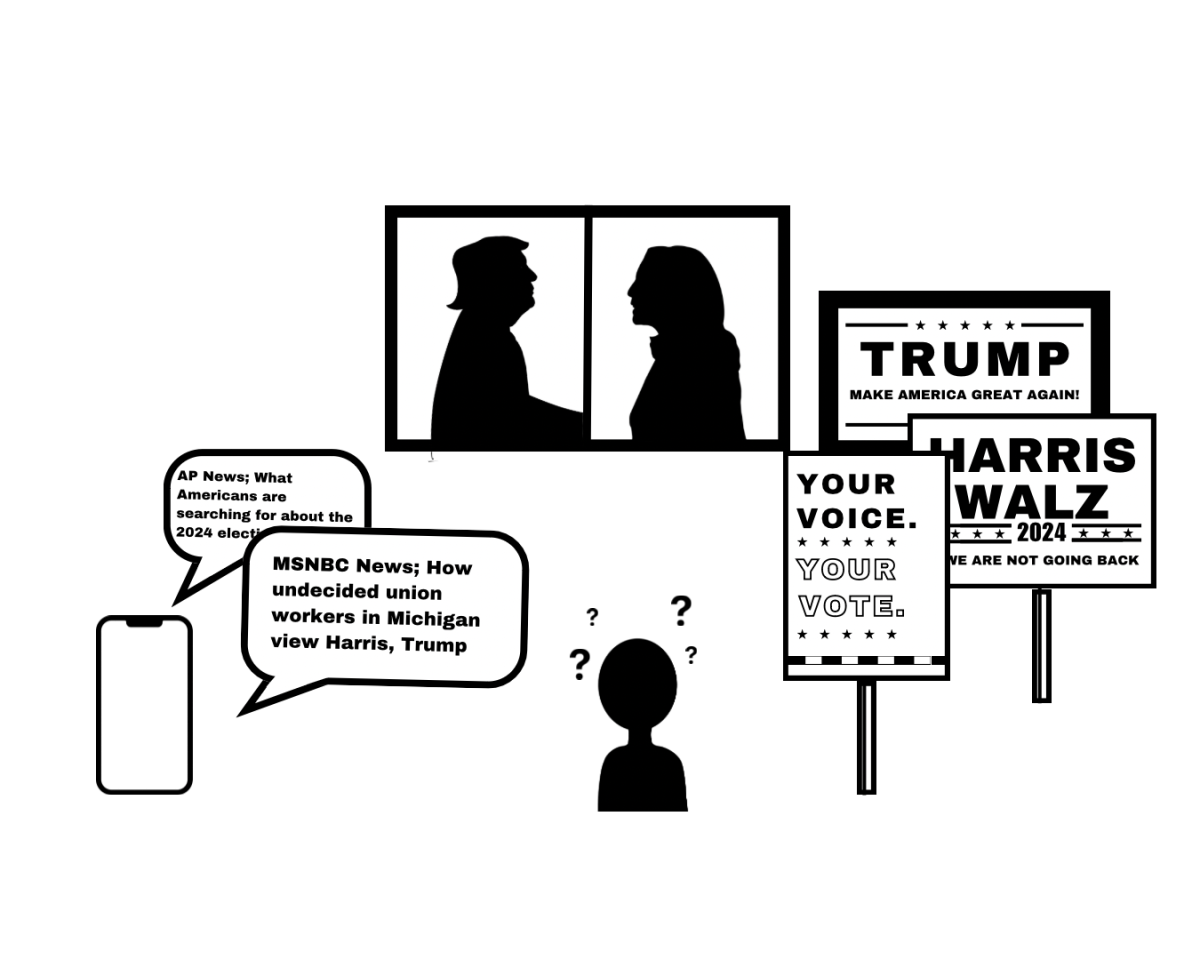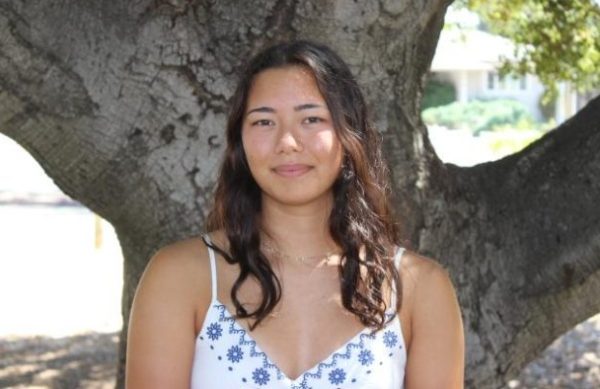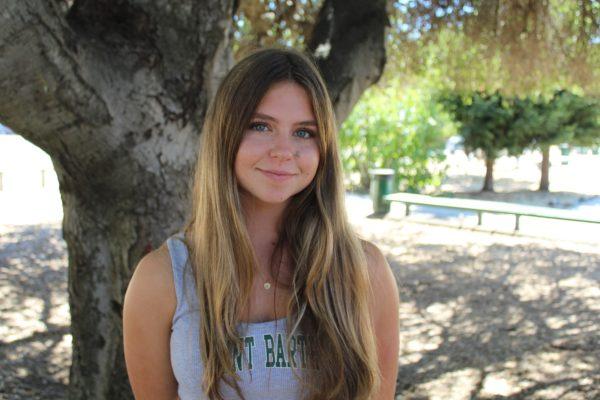Every four years, the people of the United States have to decide who the leader of their country will be. 2024 marks that four-year period, and on Nov. 5, many young Americans will be deciding on who to vote for, or if they are to vote at all.
Modern-day campaigns have an element that makes voting different from previous elections: social media.
According to the United States Census Bureau, the voter turnout for adults aged 18-34 was 57% in 2020, an increase from 49% in 2016. This growth could reflect the increased utilization of social media by candidates, especially through platform X, formerly known as Twitter, and TikTok.
Youth demonstrate an untapped market of influence on politics that makes them a factor in pushing candidates to keep an updated political agenda to appeal to their new audience.
Older students, such as Novato High School senior Gianni Zucconi, shares what they are doing to prepare for their first election, and how younger generations might be able to take that advice and use it in the future.
“Do a lot of research because you are going to get a lot of bias on social media,” Zucconi said. “Find reliable sources to get your information.”
Youth conformity is another factor to be wary of as young people often adopt the ideologies of those surrounding them. The social influence that comes from one’s surroundings can sway their standpoints especially when it comes from close relationships.
“I have felt that pressure from family and friends to make a certain choice based on their views,” freshman Tessa Christian said. “I avoid topics of politics in friendships because I don’t want other people’s [opinions] to influence mine. I care about my right to vote and think when I am of age I will… Every vote counts.”
Teachers, such as government and economics teacher Michelle LeMieux, and students agree that social media greatly influences what people hear and see about presidential candidates. It can also sway whether or not students decide to vote.
“I think social media [hugely impacts people’s opinions in the election]. It’s hard to control what is being put out there. It’s a successful reminder for people to get involved and a way to share information on how to do so,” LeMieux said. “Taylor Swift endorsing Harris was huge. Not only do celebrities have the power to influence who people might vote for, but the awareness they bring to the election itself is extremely powerful.”
San Marin alumna Sahasra Kalluri tries to stay up to date with what is going on in the political world. Broadcasted debates allow viewers to see how the candidates directly respond to questions, rather than from a third-party source.
“I don’t watch their speeches, but I try to catch up after,” Kalluri said. “I try to get a general idea of what they said. It helps me figure out what I support and what I don’t support.”
For many students, who leads the country can be very important to them, whether they are 18 or not. The policies that are decided on have more lasting ramifications for younger generations in the long run than for older generations.
Students want to advocate for the person they most agree with to fight for them on the larger stage.
“When you have a country with a democracy, it is important to have people that we want in office to end up there,” Kalluri said. “So I think it is really important to vote when you can because if you don’t, then it is just another lost vote.”
Teachers and administrators think that having the right to vote is something students should take advantage of.
“There should be, and in my case is, a real sense of pride that comes with our ability to vote,” San Marin Principal Andy Boone said. “It is such a special part about living where we live. I think having a conversation about what a privilege it is to be able to vote and encouraging people to use their voice is as much a life lesson as it is an election lesson. I hope that voting and having a say in elections is something that students are passionate about.”
As only a handful of students will be old enough to vote by election day, younger high schoolers may feel there is not much that they can do to support their political beliefs. AP U.S. History teacher Jason Obstarczyk shares some ways that students can advocate their beliefs when they cannot vote.
“There are a lot of different ways [people who are underaged can make an impact],” Obstarczyk said. “[They] can join a campaign. They can join an interest group or research group. You can do petition drives to petition your vote for government. [Making an impact] doesn’t [depend on] whether you can vote or not.”
Interest and research groups can be found online or within the community, along with campaigns. Students can also go to rallies and support the party and issue of their choice to bring attention to the matter. They can also join school or local governments, join movements, and spread information on social media.



































